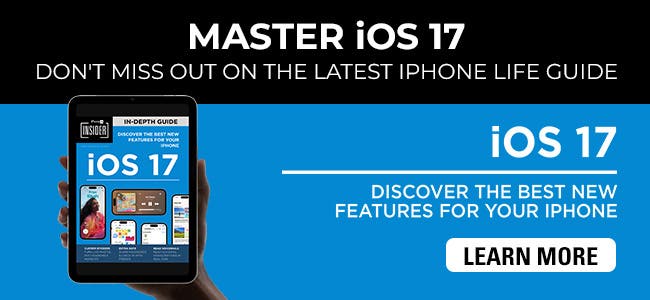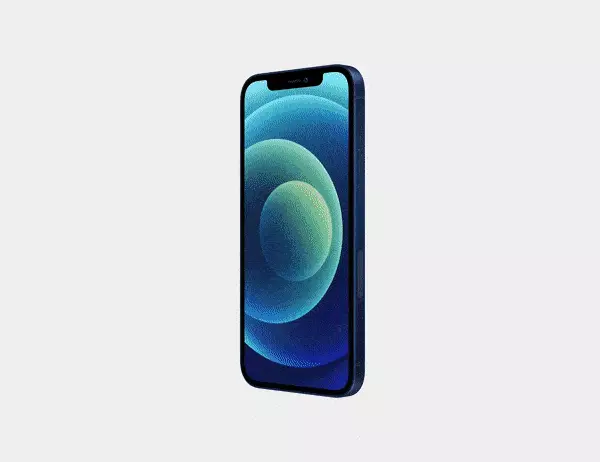Does your company allow iPhones? Enhanced security features and management solutions can make the iPhone your trusted office assistant.
You most likely carry your iPhone with you wherever you go, but when you get into the office, does your company policy allow you to use it? Some companies have dismissed the iPhone as a device for accessing corporate information such as e-mail and calendar, but that is quickly changing.
Apple, other mobility companies, and software manufacturers now provide security features and additional tools for the iPhone that make it a secure choice for company communications and business applications. With the right protection and usage policy in place, you can use the iPhone to securely access corporate applications when you're commuting into work, traveling to a meeting, or even watching your children's afternoon soccer game. Having anytime, anywhere access to customer data, sales information, corporate e-mail, and other business applications can help you be more productive—both in and out of the office.

iPhone gets the job done
Regardless of whether corporate policies allow personal mobile devices to access the corporate network, workers everywhere are bringing the iPhone to the office. Smart businesses are embracing this trend and reaping the numerous rewards associated with increased mobile access to critical business data.
Forrester Research in its July 2009 report, "Technology Populism Fuels Mobile Collaboration" reveals some interesting insights: "While more than half of the US and European enterprises we surveyed recently do not support any personal mobile devices, a full 25 percent of enterprises provide full support to at least some personal devices, and another 21% provide at least limited support. Small and medium-sized businesses with between 20 and 999 employees are much more likely to support personal mobile devices, with 60% of them supporting at least some personal mobile devices."
Companies are realizing that their staff is more productive when allowed to use personally-owned devices to access corporate e-mail and other resources. Additionally, enabling personal iPhones helps companies offload some of the cost of mobilizing teams of employees.
If your IT department is giving you pushback on using your iPhone at work, you need to arm yourself with a few facts. Giving employees mobile access to enterprise systems and applications on the iPhone has its benefits:
- Allowing you to access corporate e-mail and critical business applications and data from your iPhone makes your workday more productive and effective.
- Enabling personal iPhones helps businesses diminish some mobility costs because you are familiar with the device, know how to use it, and have already paid for it.
- Allowing easy access to business applications while maintaining the integrity and security of enterprise resources gives your company a competitive advantage.
iPhone Safety Zone
Naturally, corporate IT departments are cautious about opening up the network and allowing full access from any mobile device. Several management and security solutions can ensure that your iPhone is office-ready, including:
- Remote wipe. IT managers can clear all data and settings on a lost or stolen iPhone by issuing a simple remote wipe command from Microsoft Exchange.
- User profiles and provisioning. Apple enables third-party vendors to provide a layer of security with configuration profiles, allowing IT to establish corporate passcodes and settings for each individual iPhone user.
- Controlled access. Companies can add extra layers of protection beyond those that Apple provides. On the backend of the enterprise network, mobile device management software solutions, such as Afaria from Sybase, enable IT departments to determine how—and under what circumstances—mobile devices can access mission-critical corporate systems and information. Afaria offers over-the-air provisioning of iPhones, including establishing additional user access settings. With this software in place, enterprises can create lockable configuration and certificate-based security policy enforcement that is consistent with enterprise IT standards.
- Secure apps built for business. The App Store has several applications designed specifically to give you access to your business information and keep it protected. For example, iAnywhere Mobile Office (free; app2.me/2473) from Sybase gives you secure access to your corporate e-mail and calendar, push notification, workflow tools, and corporate directory lookup.
With these enhancements and other available tools, you can put your iPhone to work by bringing it into the office. Having access to corporate email, critical business applications, and data on iPhone could make you more productive and effective. And if your IT department can successfully maintain the integrity and security of enterprise resources while allowing you easy mobile access to the applications you need—your iPhone will be, not only a useful personal asset, but also an indispensable tool for your business.

